1910 · Chef Nuit Regular's cookbook, Kiin, is poised to change how we think about cooking Thai at home Fine her tamarind paste recipe and more at Chatelainecom0901 · Tamarind Sauce Fish Curry Tamarind Sauce Fish Curry Credit Julie Julie View Recipe this link opens in a new tab This fish curry, also called chepala pulusu, hails from Andhra, India Its signature tang comes from tamarind 2 of 16 Applications · To make about 1/4 cup of tamarind paste, cut off g (about 1/2 cup) of tamarind pulp from the block You don't have to be exact but these measurements are a useful guide 2 Place in a bowl and add about 1/2 cup of boiling water or enough to cover the pulp Let the pulp sit in the water for 15 to minutes to soften

Tamarind Concentrate Angkor Cambodian Food Market Hall Foods
How to make tamarind paste from pods
How to make tamarind paste from pods-1109 · No matter which one your recipe indicates, if you have no tamarind at home, it is time to find other options to substitute for tamarind pulp, sauce, paste and tamarind fruit What Is Tamarind?The word tamarind itself is derived from the Arabic tamar hind, meaning "Indian date" When the fruit is mature, the pods are opened and seeded to reveal the dark chocolate flesh, a staple in



Tamarind Glazed Vegetable Tacos Vegan
0917 · Homemade Tamarind Paste How To Make Tamarind Paste From Pods Fresh Tamarind Paste Watch later Share Copy link Info Shopping Tap to unmute If playback doesn't begin shortly, tryTo process compressed tamarind, combine about 2 oz of the pulp with 5 ounces hot water Soak and strain the compressed tamarind as you would the whole pods This yields about 3/4 cup sauce If you want a very intense concentrate, soak the pulp, discard the soaking water and then push the softened pulp through a sieve · Once you crack and peel the hard outer shell of the pod, you'll find a reddishbrown pulp and twiglike veins inside Remove the veins, and then it's ready to eat (Just be careful of the hard seeds in the center) To prepare the pulp for cooking, steep it in hot water for 30 minutes
I've got your questions answered plus a recipe for homemade tamarind pasteTamarind paste can be used in all sorts of different dishes but In this video I'll show you how to make fresh raw tamarind paste straight from tamarind pods · Tamarind Pulp Use as a tangy ingredient in curries and peanut sauce Break up 3 tablespoons (3 oz/85 g) lump tamarind and combine it with 1 cup water in a saucepan Simmer for 1 to 2 minutes, stirring often, until the tamarind is soft and and the mixture has thickened Press the pulp through a sieve and discard the fibers and seeds
· Add in garlic and ginger for several minutes Next, add curry, cumin, turmeric, and a little touch of salt Mix in your choice of vegetables, like broccoli, carrots, and potatoes Add tamarind paste and coconut milk · This paste is made from the pulp extracted from the tamarind pod Once extracted from the pod, the sticky pulp is segregated from seeds The raw pulp is then steeped in hot water for half an hour and drained through a sieve to get rid of fibrous threadsTamarind pulp is made from the citrussy flesh inside the tamarind pod which grow on trees like the image above Though the tamarind fruit is related to peanuts and chickpeas, the brownred fleshy pulp has a sticky, datelike consistency with distinctively tart flavour and sweet date aroma However tamarind pulp is rarely asked for in recipes Instead, recipes call for tamarind water,
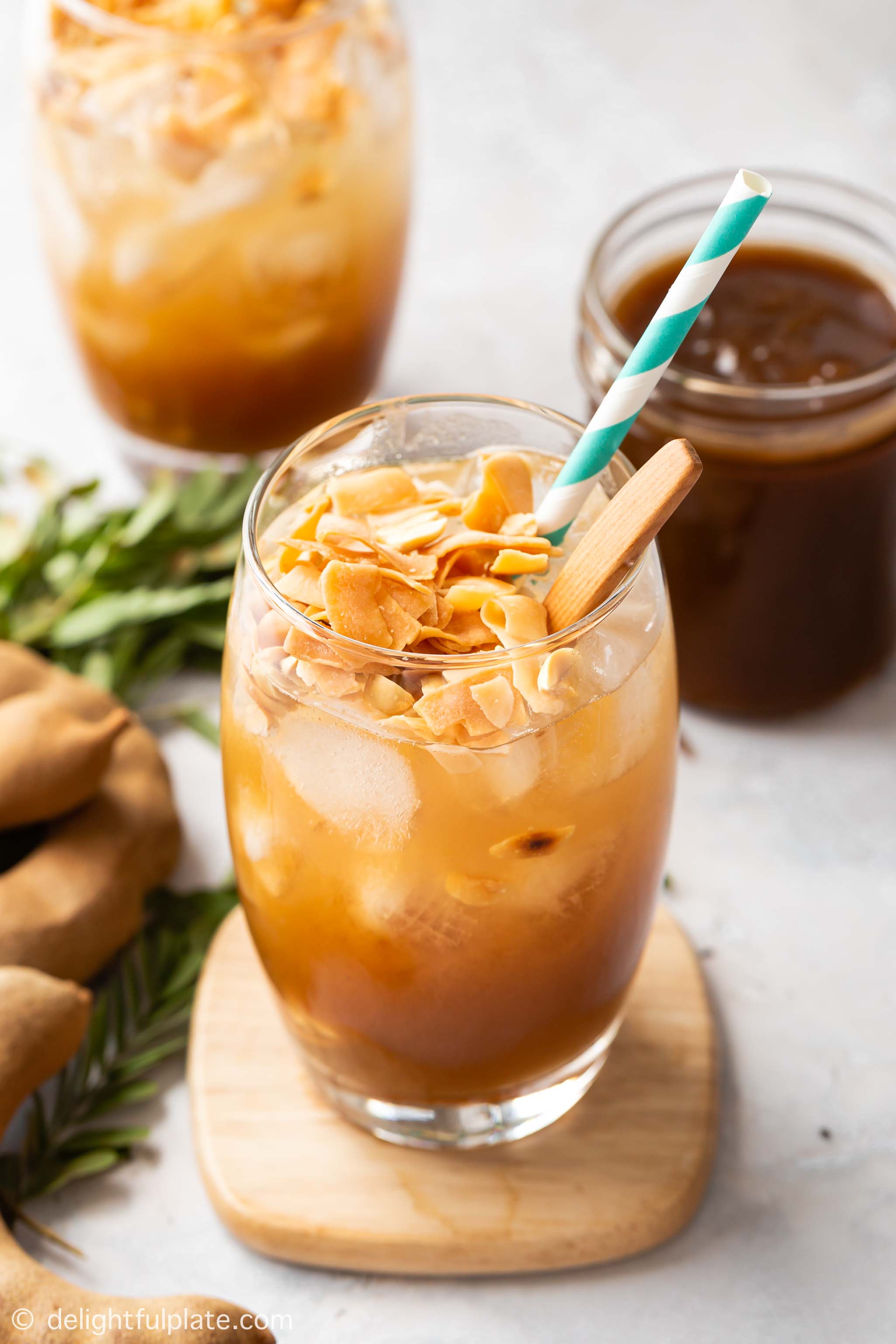


Tamarind Juice đa Me Delightful Plate


Tamarind Juice Recipe Healthier Steps
Just to name a few What you need 1410 lb of tamarind pods; · We always buy tamarind paste from market but it is very easy to make it at homeTry this Homemade Tamarind Paste Recipe once at home You can well preserve tamarind paste in refrigerator for about a month in air tight jar Prepare this tamarind paste to use it as and when needed Many of the Indian curries and most of the South Indian Sambar recipes include this tamarind pastePlace the liquid and remaining pulp in a blender and process until the pulp is fully blended into the water Run the liquid through a strainer, if you wish, or leave it pulpy Pour your delicious agua de tamarindo into a pitcher, add the rest of the water, and refrigerate until cold Serve over ice,
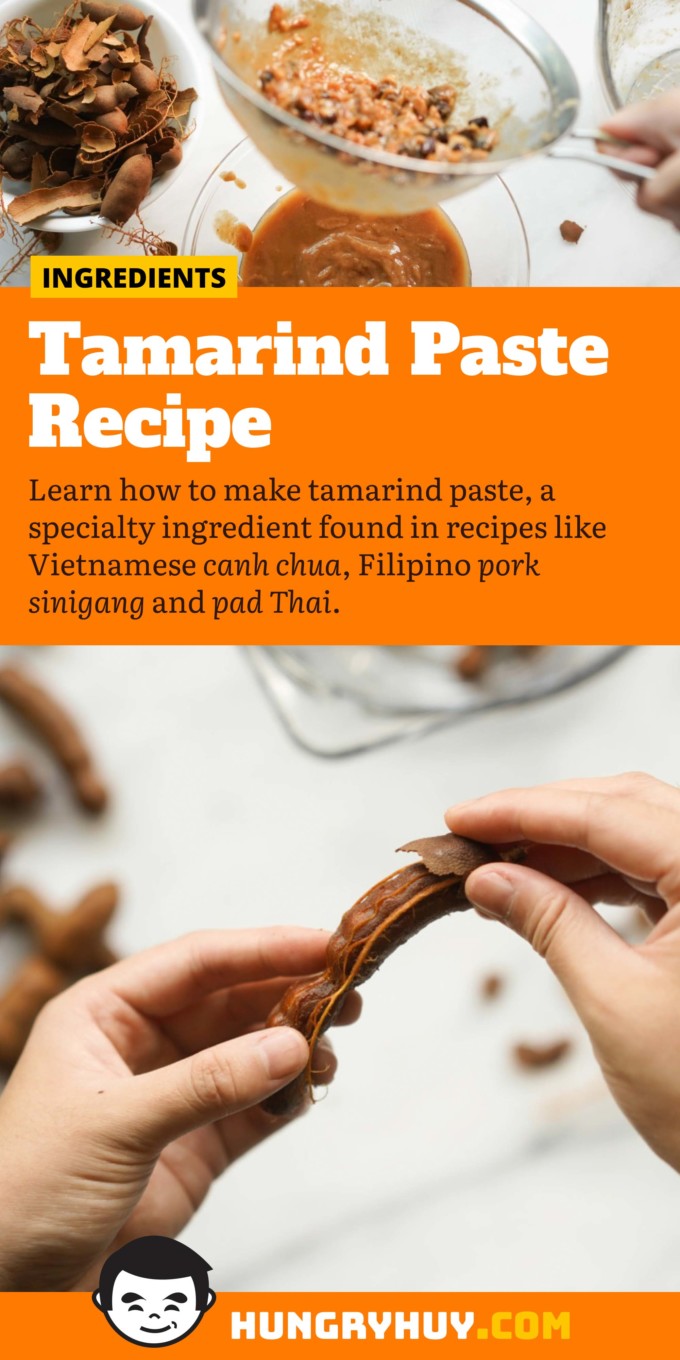


Tamarind Paste Recipe How To Make Use Tamarind Paste


Tamarind Juice Recipe Healthier Steps
· There's very little "fruit" inside each pods, so starting with tamarind pulp gets you more bang for your buck, saves a ton of time, and yields equally great flavor 2 Soak for 30 minutesMar 12, 21 What is tamarind?There are so many different ways to prepare Pad Thai recipe with tamarind paste that one may get a little lost That's why I decided to provide you the simplest recipe ever Like this, you'll be able to prepare it as an expert Your family and friend will be so impressed Anyway, I can rea
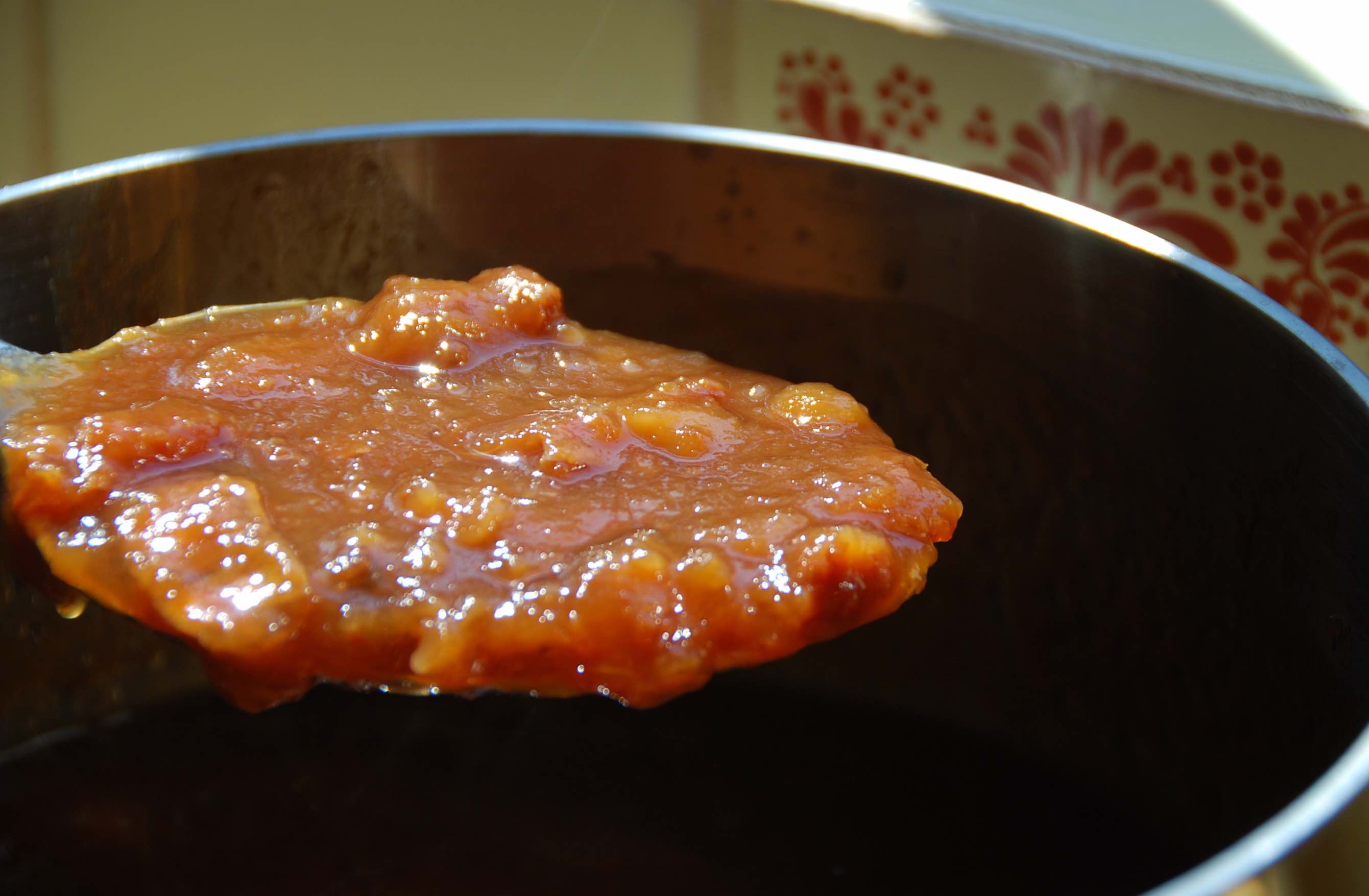


Tamarind Concentrate Basic Recipe Pati Jinich



Making Tamarind Paste From Tamarind Pods A Life Time Of Cooking
Mar 14, 19 Everything you need to know about tamarind and how tamarind paste is made from fruit pods Use in curries, pad thai and your other recipes to perfectly balance sweet and sour Learn how to store your tamarind paste too Embrace the tamarind, your best secret ingredient you didn't know you neededInspired by the pad thai at Thai Tom, this recipe features a tamarind paste, vinegar, sugar, and fish sauce mixture over perfectly stirfried eggs, chicken breast, and rice noodles, garnished with peanuts, chives, and fresh bean sprouts · After the tamarind pods are collected, people get together to remove the pods, veins, and seeds and pack the tamarind chunks into a package, ready to use in the kitchen My cousin will show you stepbystep how to open a tamarind pod First Press with Thumbs to Break the Pod



How To Make Tamarind Paste Inquiring Chef
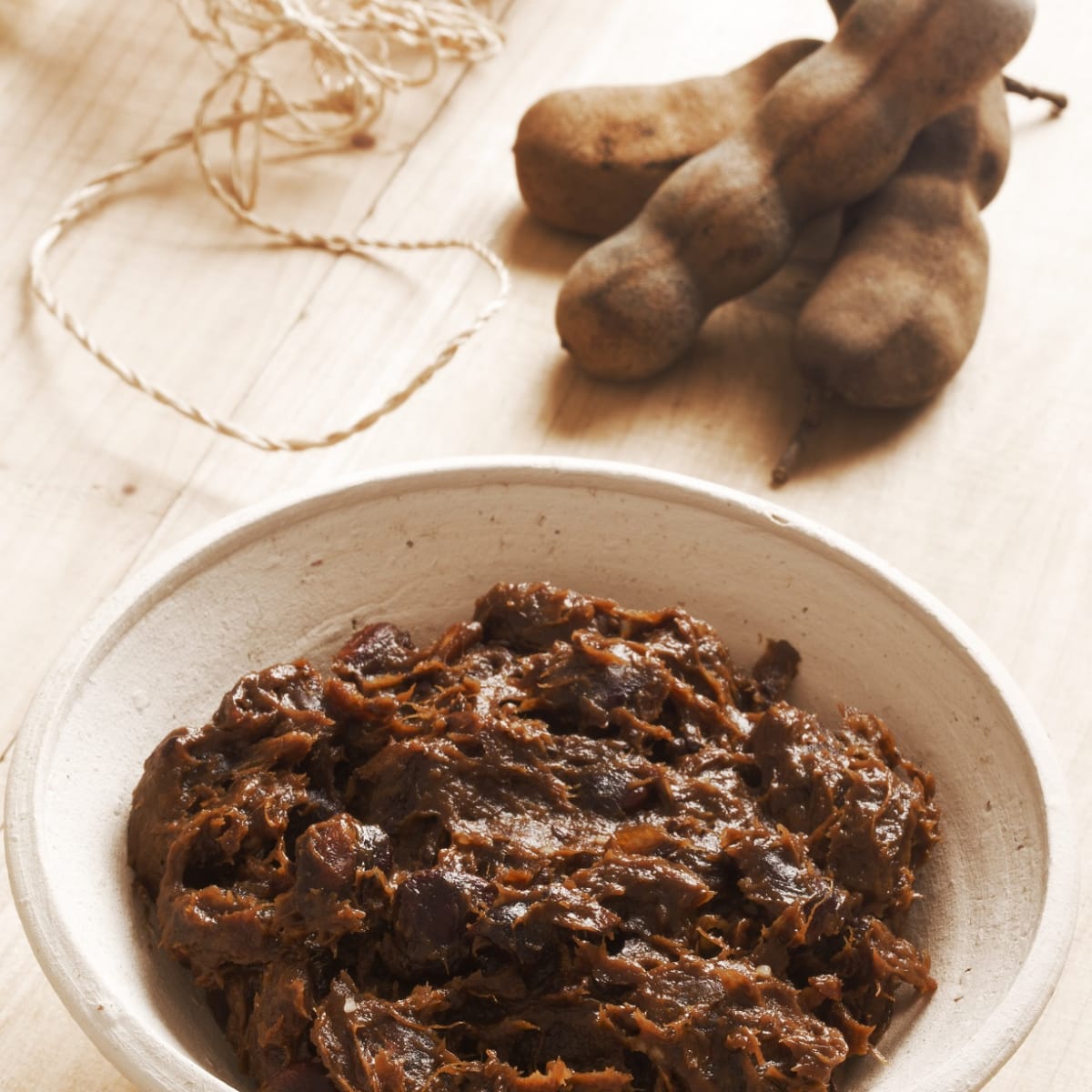


Tamarind Extract Jamie Geller
1013 · Tamarind paste has a wonderful sweetsour flavor that can be added to as many dishes as you have creativity for jams, syrups, sweetened drinks, sorbet, and icecream;Tamarind is a sweet and sour fruit that comes from pods, originally from Africa, but also very abundant in Mexico These tangy seeds can be eaten fresh from the tree, or the way I prefer it, made into a paste and used in recipes When I was in San Jose' del Cabo, a Mexican town just down the road from Cabo San Lucas, we were served Tamarind Margaritas These pleasantlyA large sauce pan;



How To Make Tamarind Paste Inquiring Chef



Pure Indian Foods Organic Tamarind Paste Milk Street Store
This tree is originally from Africa and produces a sweet and sour pulp in a podlike fruitAnd how do you use it?Add tamarind to this chutney for a lovely lippuckering sourness Fill a couple of jars and give away to your favourite cheese lovers at Christmas 1 hr and 15 mins



Amazon Com Asian Kitchen Tamarind Paste Parent Grocery Gourmet Food
/pad-thai-sauce-recipe-3217195-hero-01-1fd957dbdaf344dc9d07233dc6b79fcd.jpg)


Pad Thai Sauce Recipe With Tamarind
· Cook this water and tamarind seeds mixture until the sticky pasty covering starts to separate from the seeds This should not take many minutes Stir it to help the separation Above When you are satisfied with the consistency of the mixture spoon some of it into a fine sieve and, using the back of a spoon or a ladle, press the paste through · To make homemade tamarind paste, you'll want to pull off the stringy membranes and as much of the skin as possible (if some flakes remain, that's okay), soak the pulp in hot water for 15 minutes (a good starting ratio is 3 ounces of tamarind pulp to 1 cup hot water) until it's soft, then push it through a mesh sieve to filter out the seeds and any leftover bits of skin · Tamarind is a sacred Asian plant many recipes can't do without Two studies of 35 people found that eating tamarind paste (10 g/day) fruit pulp in blocks, or the readytouse paste If you get the whole pods, here's what to do Bend the pods to crack them open If the pods are tough, soak them in water to soften them first


Versatile Spicy Sweet Sour Tamarind Date Paste



How To Make Tamarind Paste Inquiring Chef
2100 · Although tamarind paste can be an ingredient in the tamarind sauce, the tamarind paste can stand on its own However, unlike its sauce counterpart, tamarind paste usually requires an ample amount of sugar This helps to cancel out the sourness from the fruit Tamarind paste finds application in many recipes, including desserts, beverages · Tamarind recipes A tart fruit from the tamarind tree, used as a spice and souring agent The fruit is shaped like a long bean, inside which is a



Versatile Spicy Sweet Sour Tamarind Date Paste
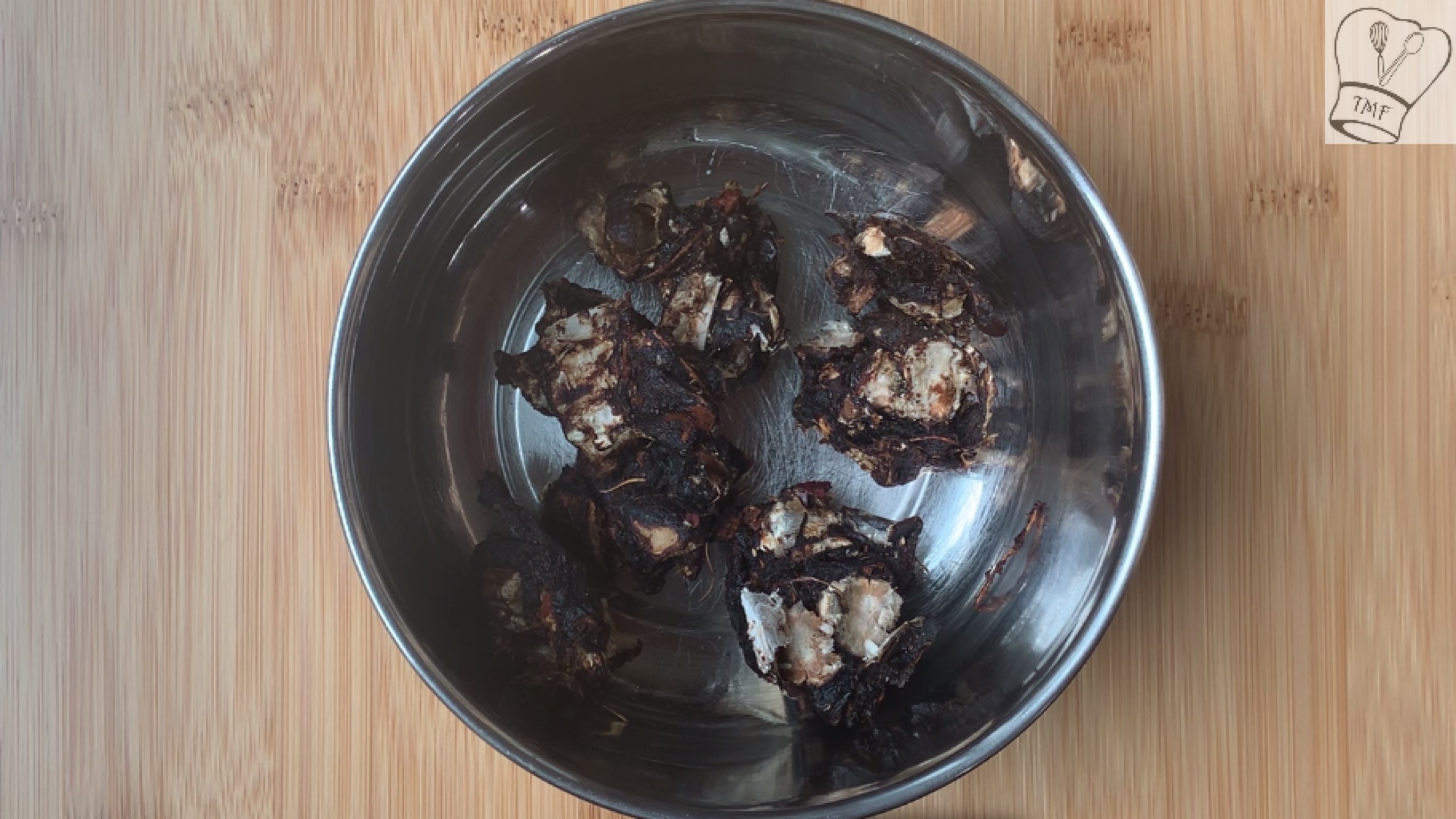


How To Make Homemade Tamarind Paste Pulp Traditionally Modern Food
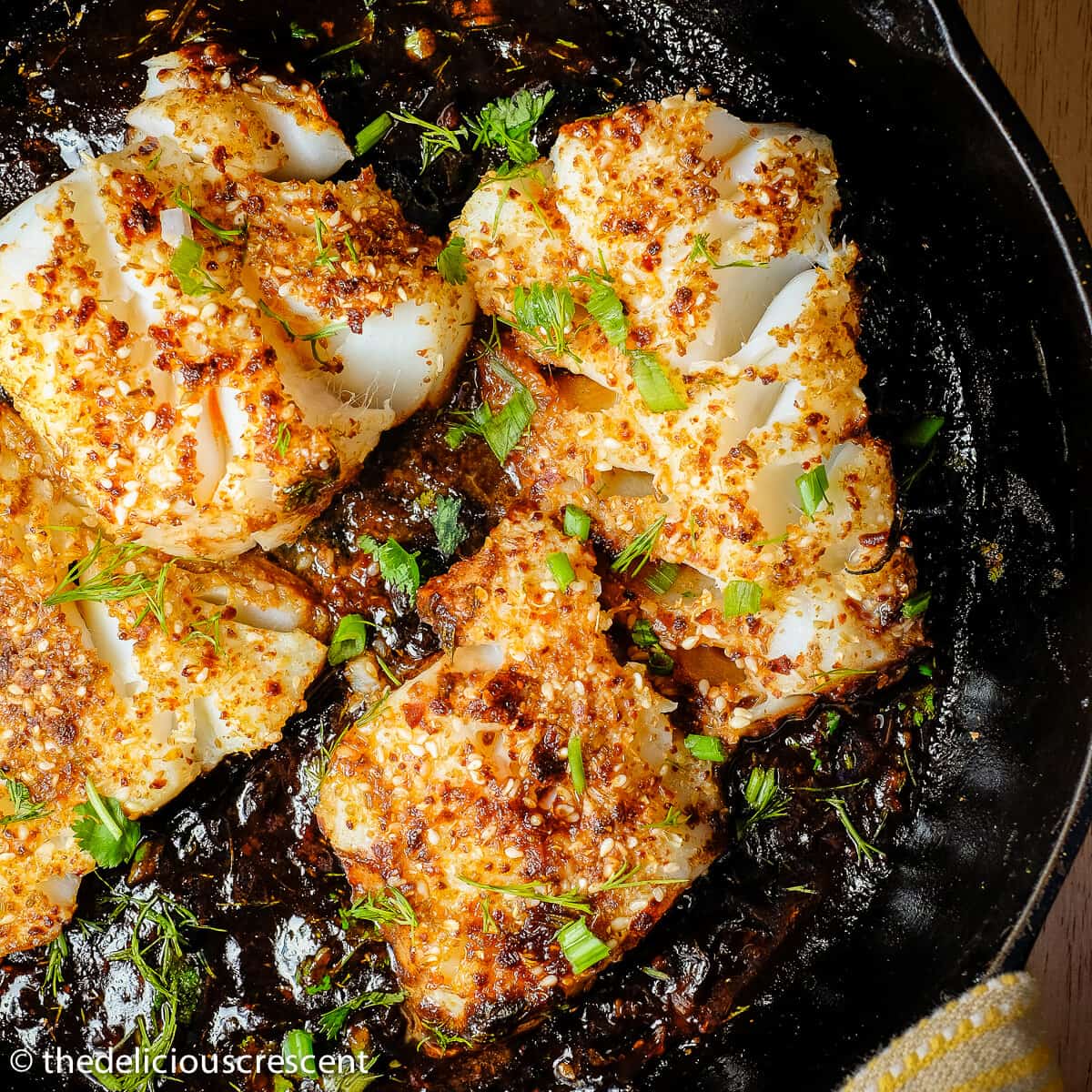


Pan Seared Cod Fish With Tamarind Sauce The Delicious Crescent



How To Make Tamarind Paste Inquiring Chef


Sticky Tamarind Chicken Picture The Recipe



How To Make Tamarind Paste At Home Youtube



How To Make Tamarind Paste Recipe Tamarind Recipes Indian Cooking Food


A Guide To Tamarind Paste And Tamarind Water Sous Chef Uk
:max_bytes(150000):strip_icc()/coleslaw-salad-with-tamarind-peanut-sauce-589936289-36feafae79f447908812f7f3bb79a1d7.jpg)


What Is Tamarind Paste And How Is It Used



Tamarind Paste My Pocket Kitchen



How To Make Tamarind Concentrate Recipe Pranee S Thai Kitchen



Recipe How To Make Tamarind Juice Youtube
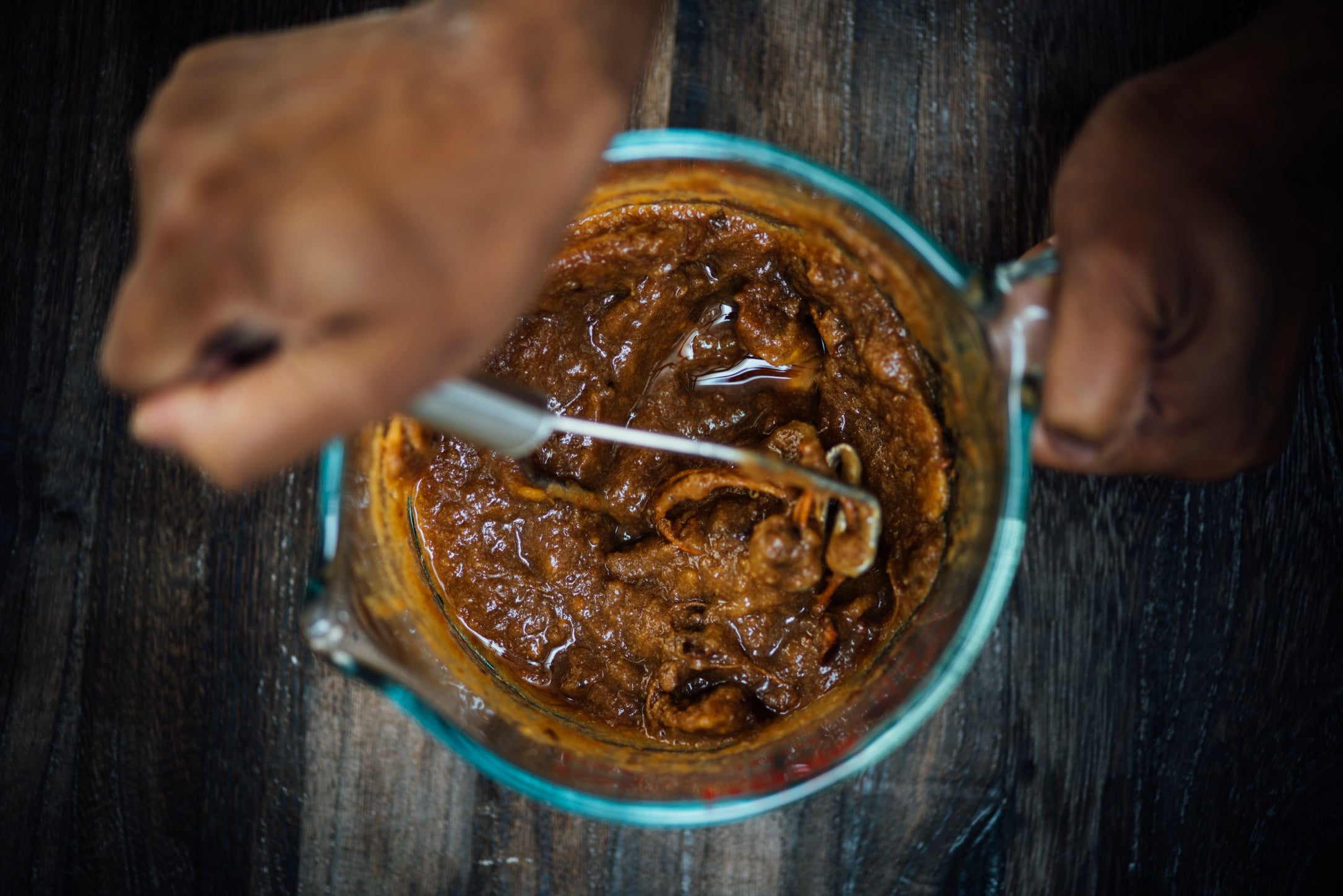


Tamarind S Sweet And Sour Two Step Taste


What Is Tamarind How To Use Tamarind Paste And 6 Easy Tamarind Recipes 21 Masterclass



Tamarind Glazed Vegetable Tacos Vegan


10 Best Tamarind Sauce Noodles Recipes Yummly


Sweet Tamarind Sauce



Tamarind Chicken Wings With White Hot Sauce Pate Smith



How To Make Tamarind Paste Youtube



Homemade Tamarind Paste How To Make Tamarind Paste From Pods Fresh Tamarind Paste Youtube



How To Prepare Tamarind Pulp
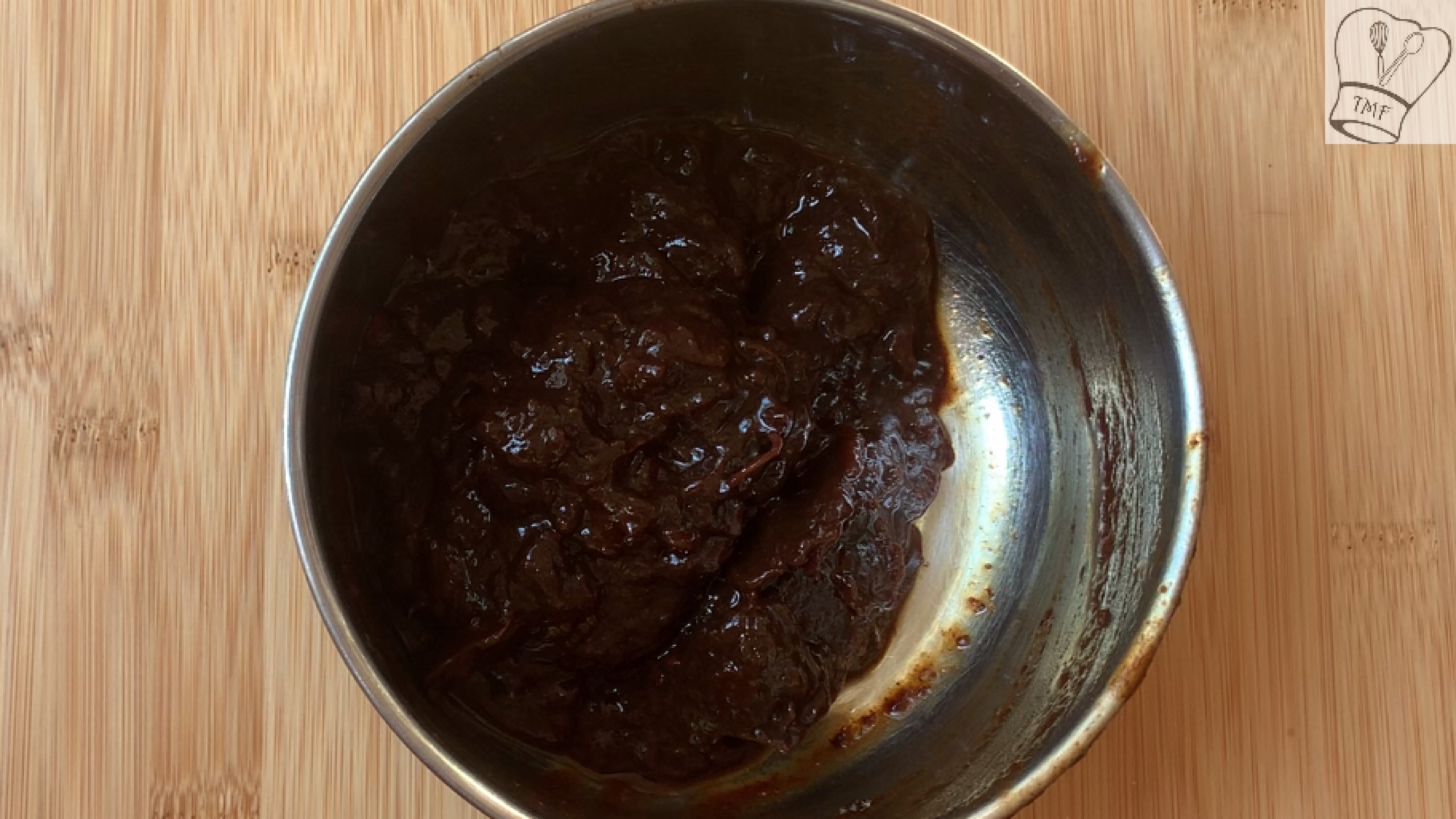


How To Make Homemade Tamarind Paste Pulp Traditionally Modern Food



Rani Tamarind Paste Puree Imli 16oz 1lb Glass Jar No Added Sugar Rani Brand Factory Store



Tamarind Juice Recipe That Girl Cooks Healthy


Tamarind Sauce Healthier Steps



Tamarind Concentrate Angkor Cambodian Food Market Hall Foods
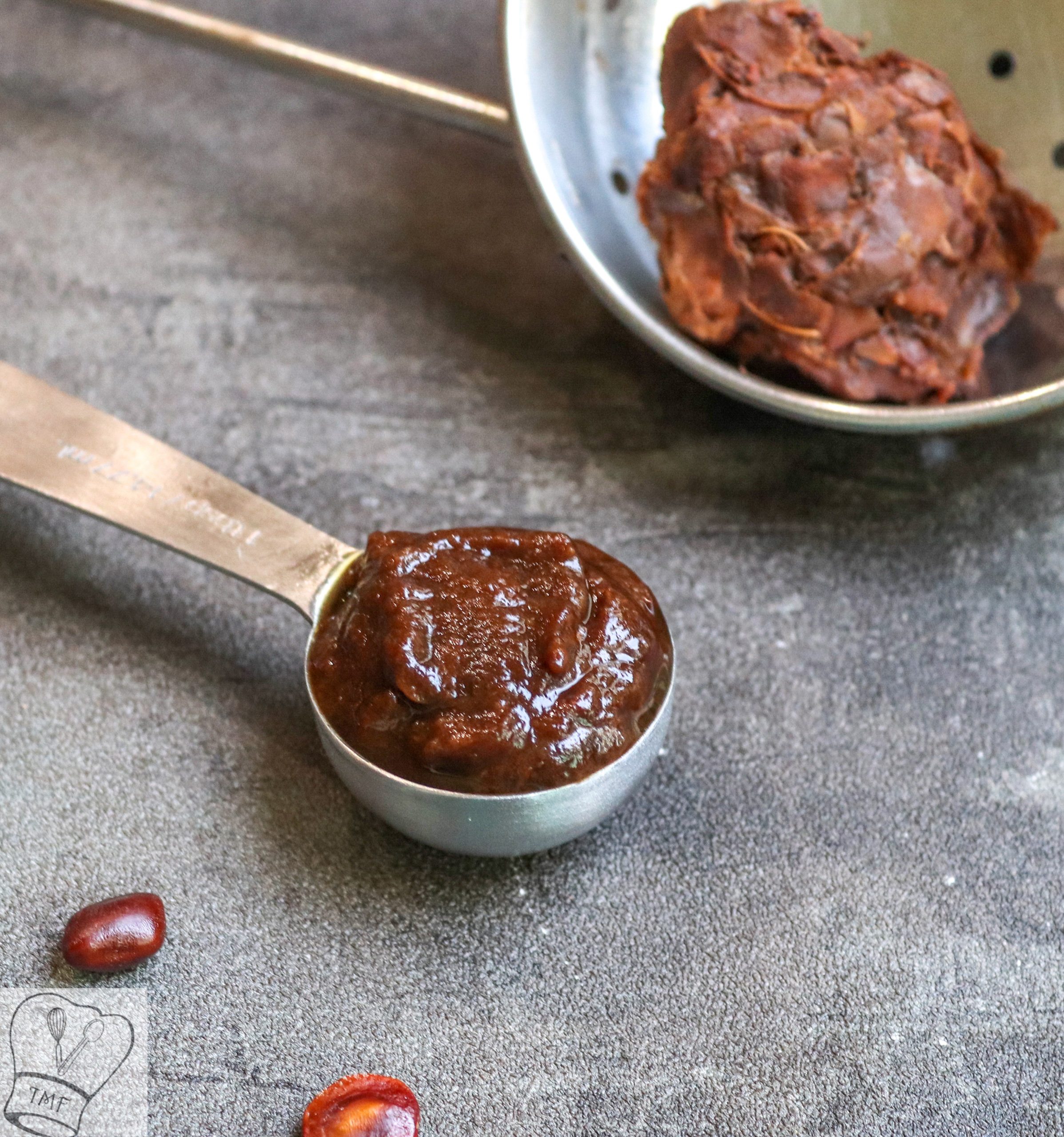


How To Make Homemade Tamarind Paste Pulp Traditionally Modern Food


Tamarind Juice Recipe That Girl Cooks Healthy
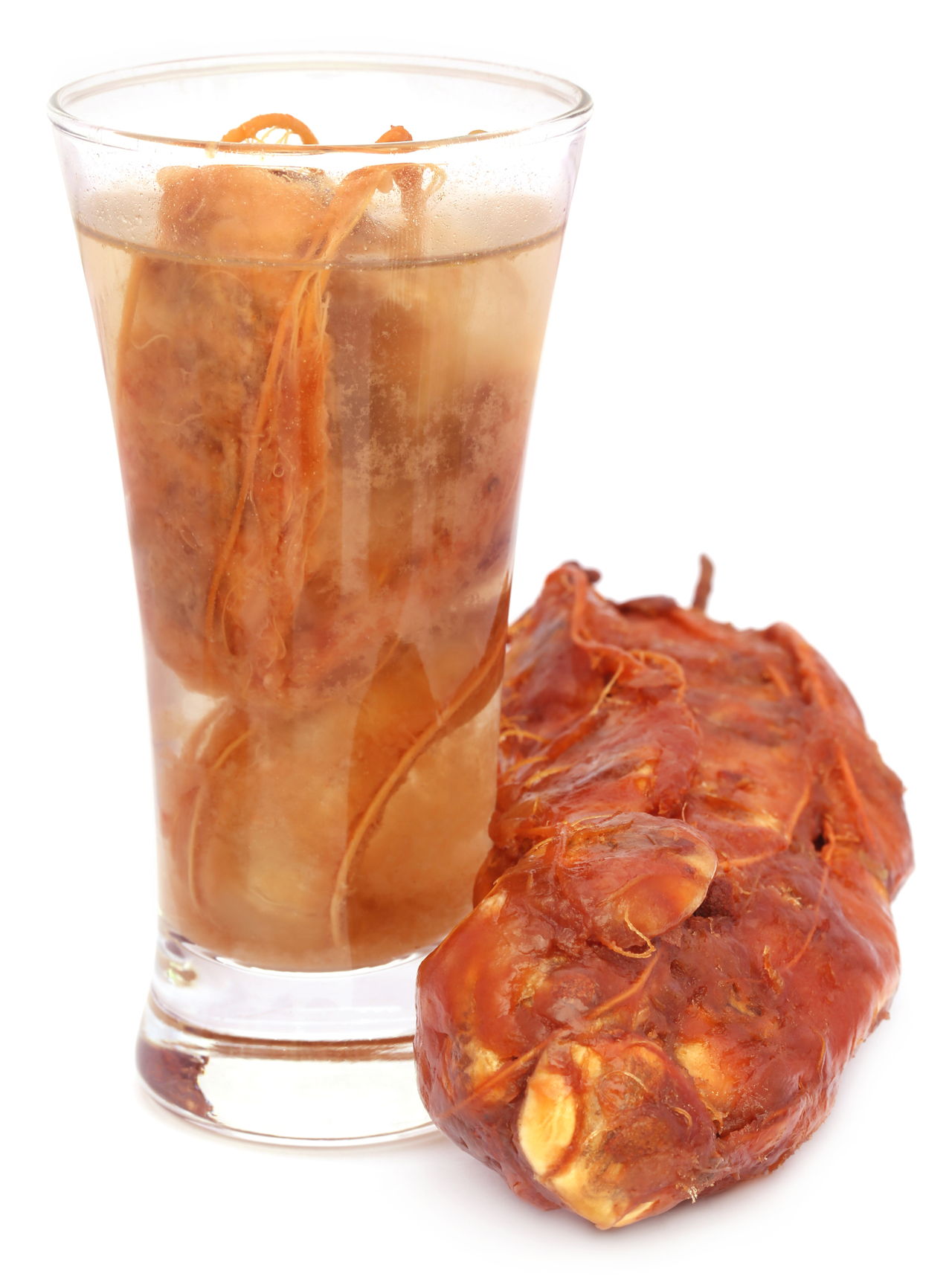


Here S How To Make The Healthiest And Yummiest Tamarind Juice Tastessence
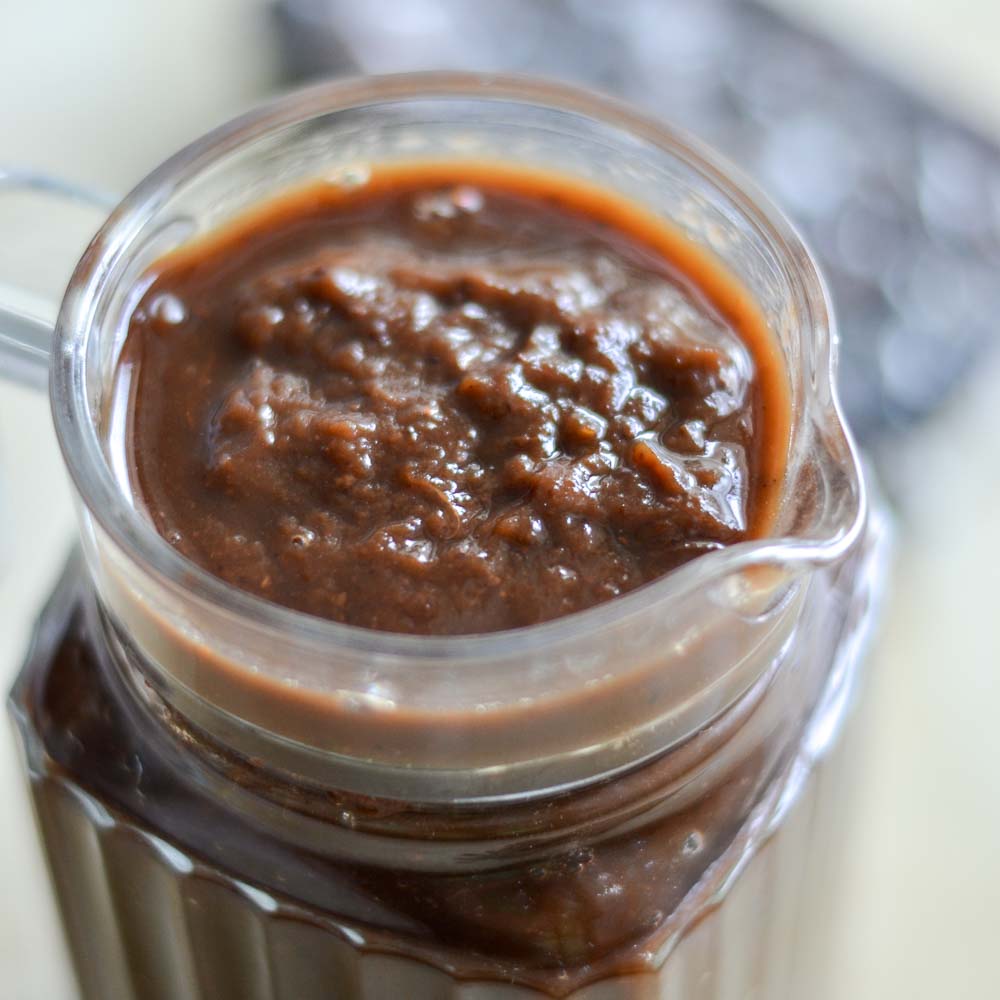


Tamarind Paste Recipe Homemade Tamarind Paste
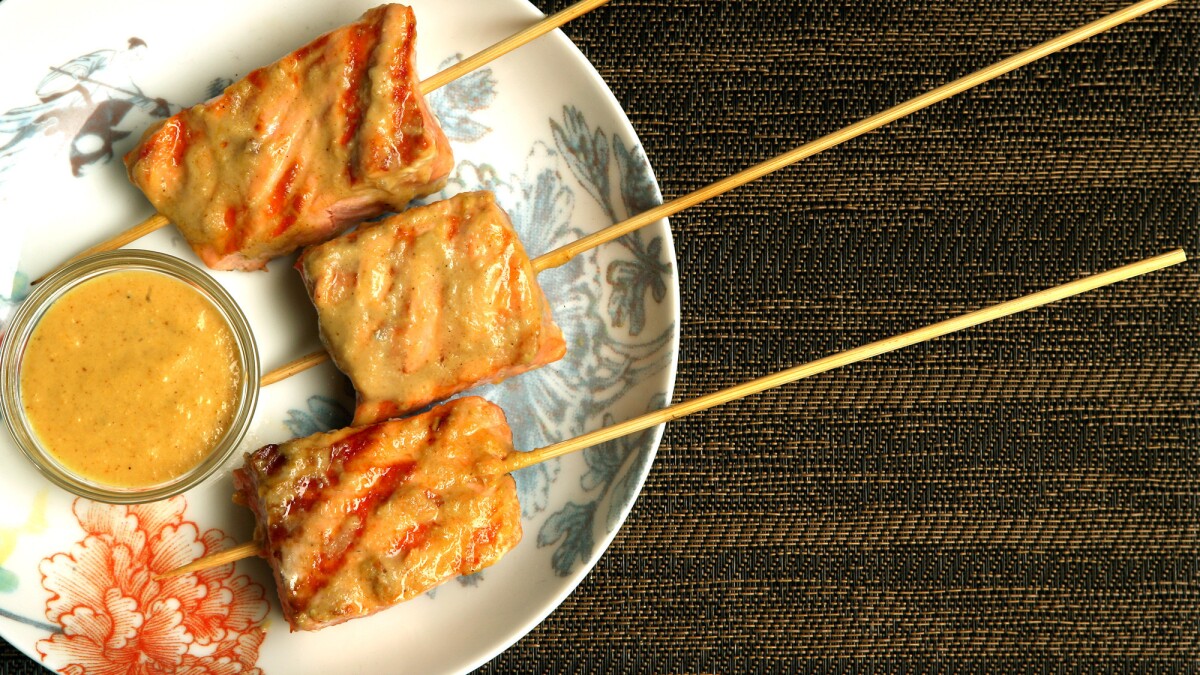


Life Hack Think Salmon S Boring This Stuff Actually Makes It Exciting Los Angeles Times
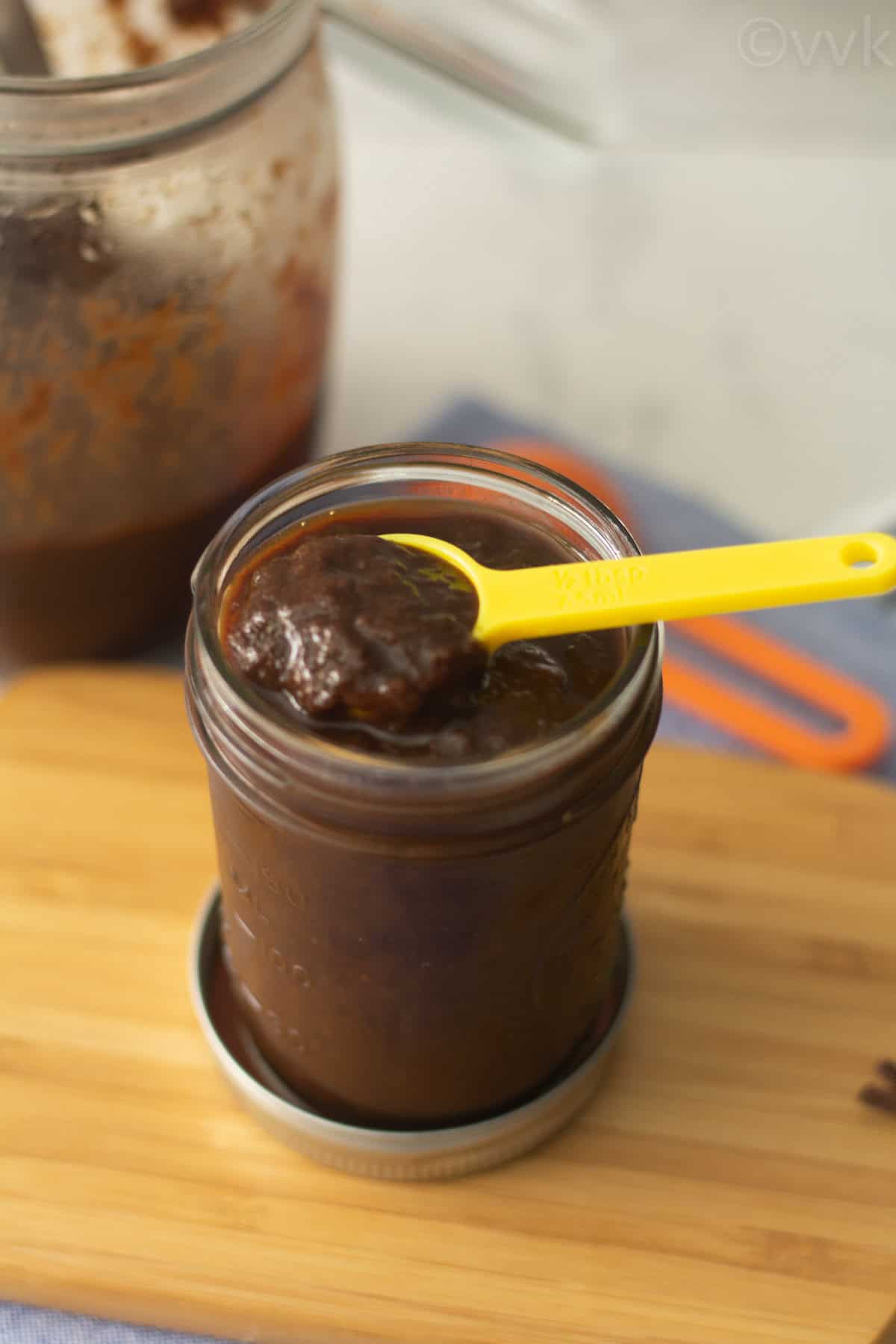


Homemade Tamarind Paste Vidhya S Vegetarian Kitchen



Amazon Com Laxmi Natural Tamarind Concentrate Paste 14oz Curry Pastes Grocery Gourmet Food



How To Cook With Tamarind Chowhound
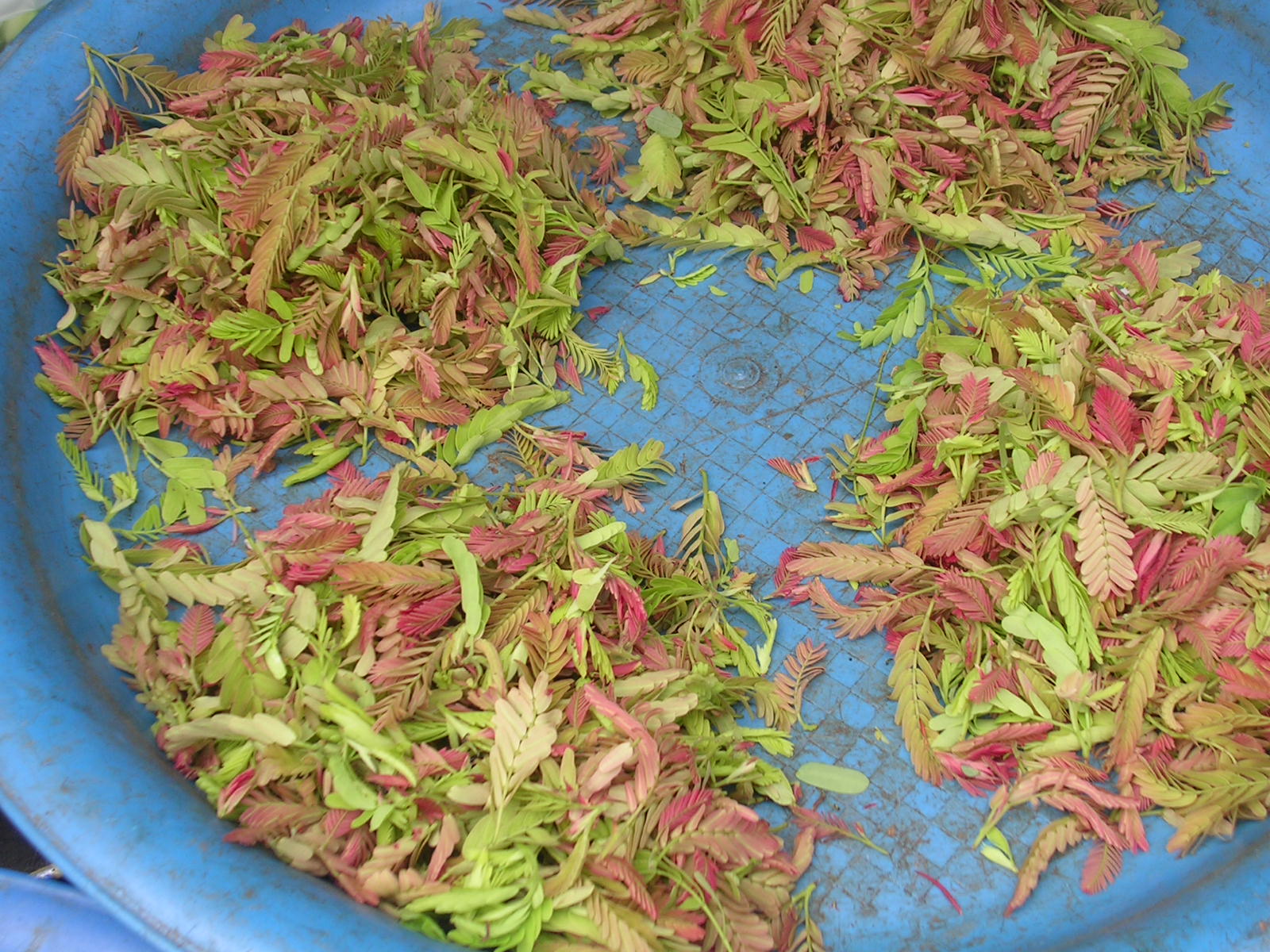


How To Make Tamarind Concentrate Recipe Pranee S Thai Kitchen
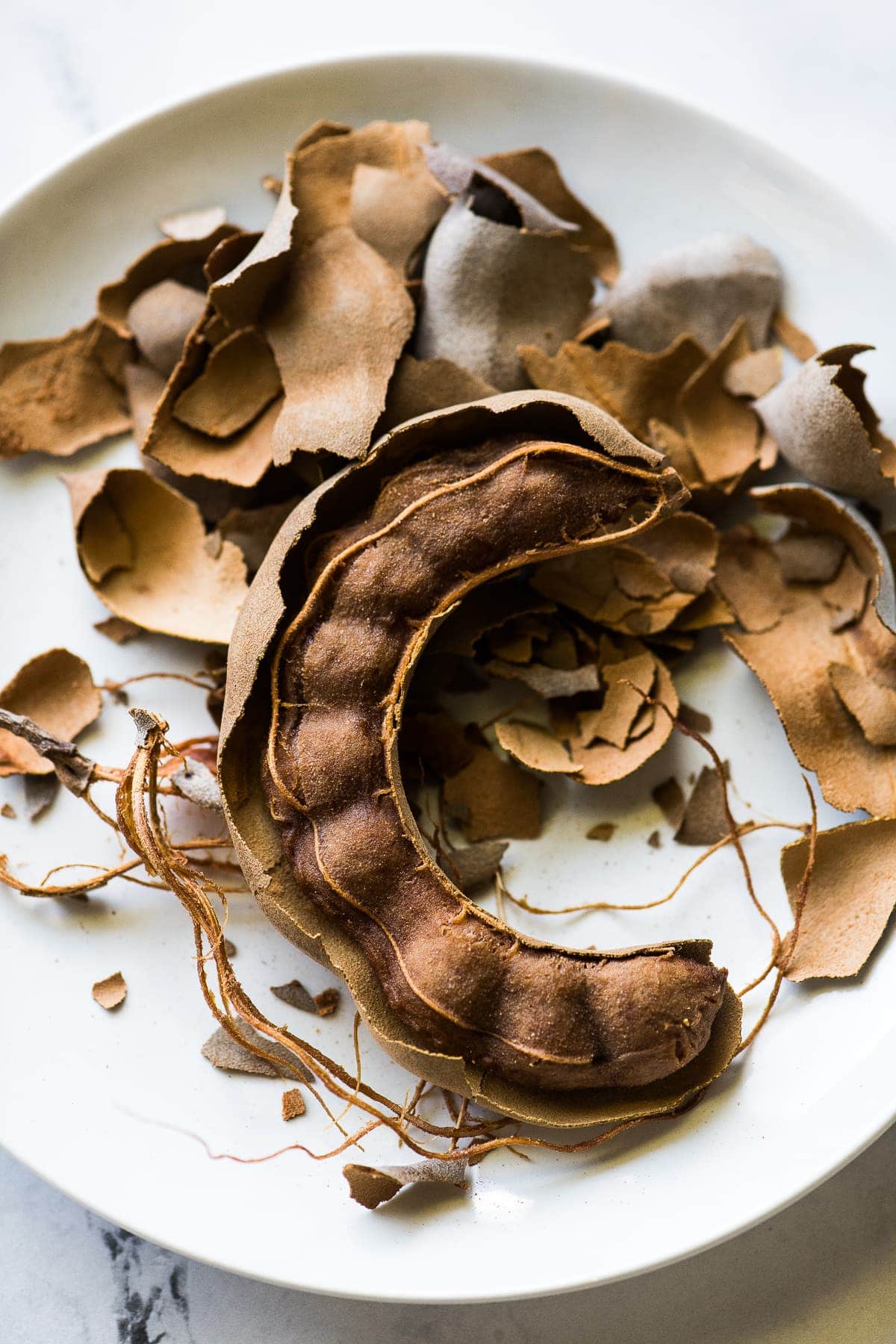


What Is Tamarind And How To Use It Isabel Eats



Tamarind Paste Recipe How To Make Use Tamarind Paste


Tamarind What Is It How Do You Eat It Better Homes And Gardens



Tamarind Sauce Healthier Steps
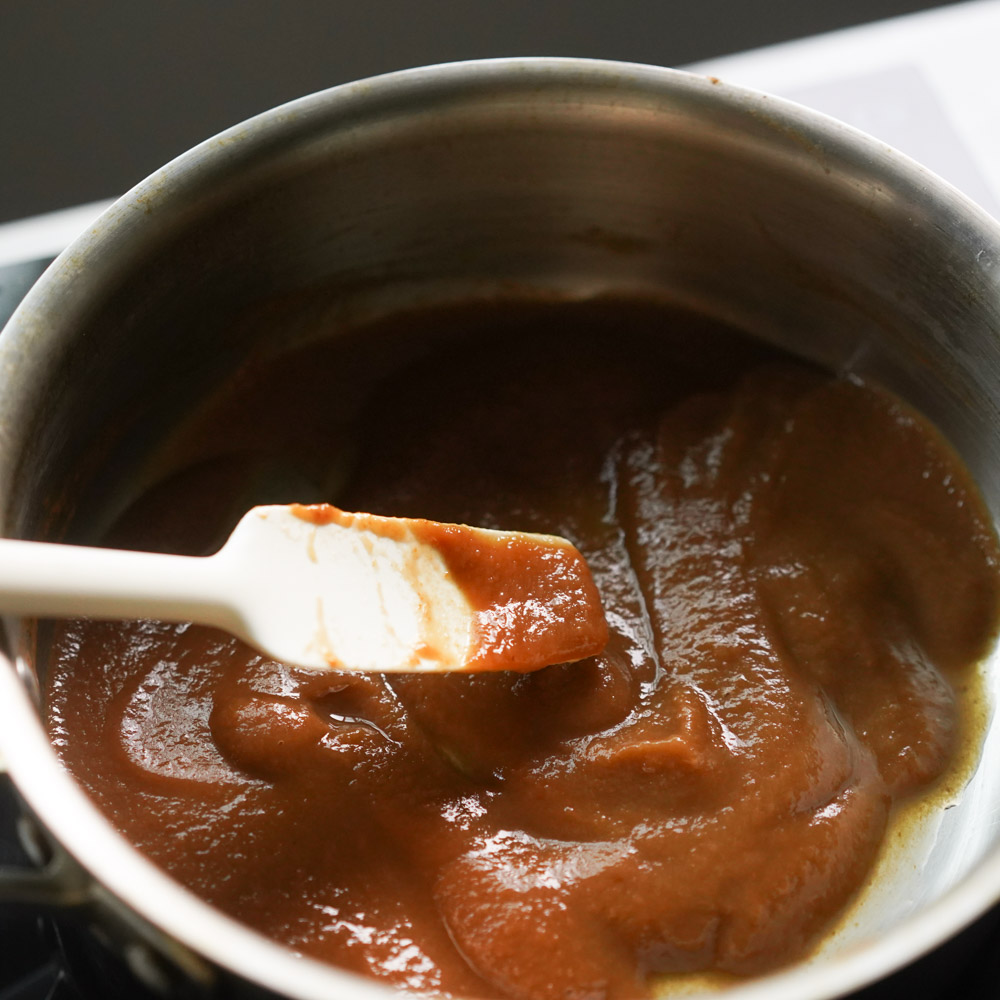


Tamarind Paste Recipe How To Make Use Tamarind Paste
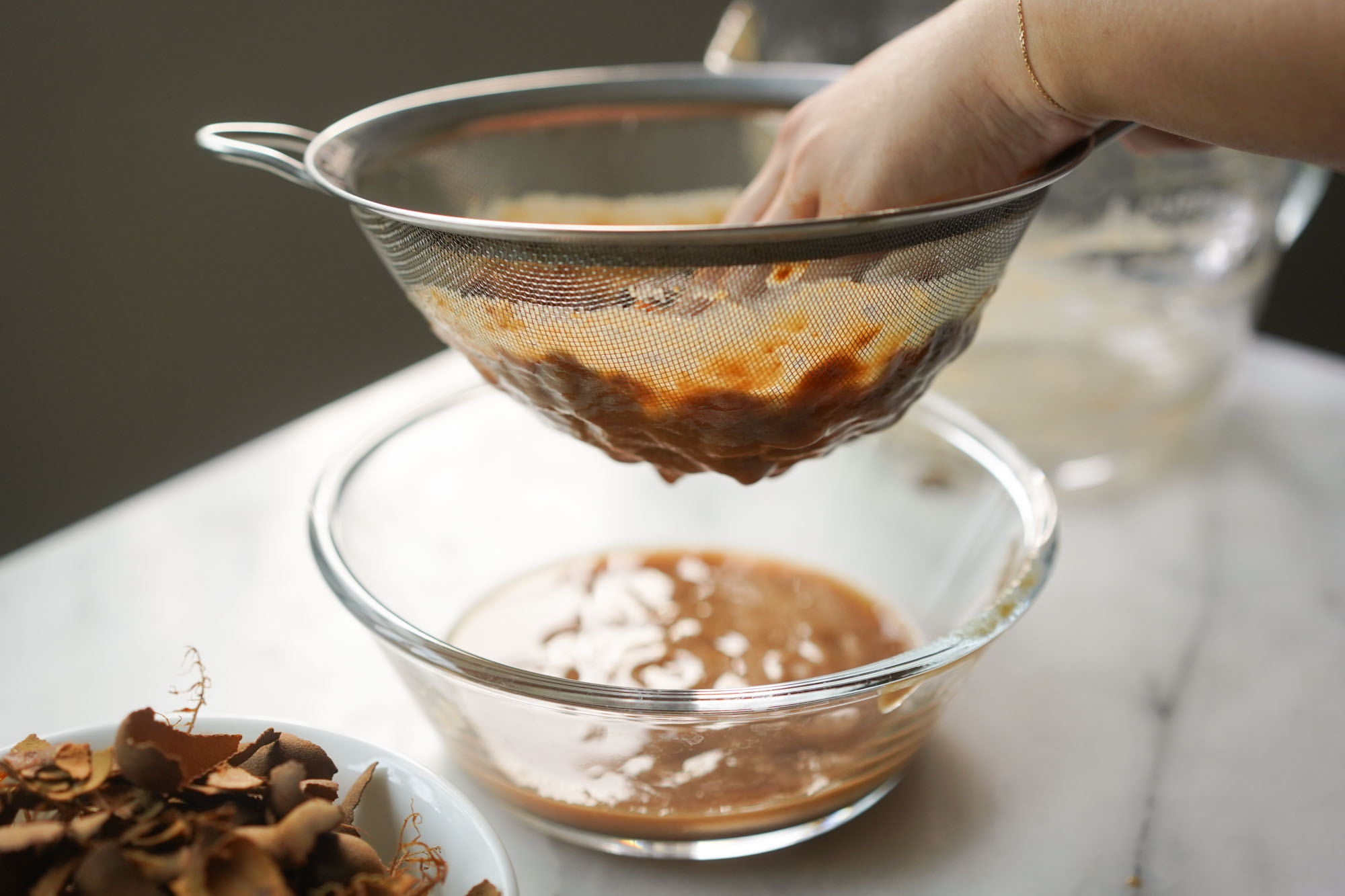


Tamarind Paste Recipe How To Make Use Tamarind Paste



How To Prepare Tamarind Pulp



Amazon Com Happy Panda Seedless Tamarind Paste 14 Ounce Package Imli Me Chua Tamarindo Grocery Gourmet Food


Tamarind Dipping Sauce Nuoc Mam Me Runawayrice


Flower Pot Kitchen Homemade Tamarind Paste



How To Make Tamarind Juice From Pods Its Benefits Zenhealth Recipe Tamarind Juice Tamarind Recipes Recipes



Glorybee Tamarind Puree



Rani Tamarind Paste Puree Imli 8oz 227g Glass Jar No Added Sugar Rani Brand Factory Store
/b4394395-1c85-4646-829f-9aea173a091a--2014-0204_WC_tamarind-chicken-009.jpg)


Tamarind Chicken Recipe On Food52
/tamarind-composition-917915332-5c27814fc9e77c0001d12ed7.jpg)


What Is Tamarind Paste And How Is It Used
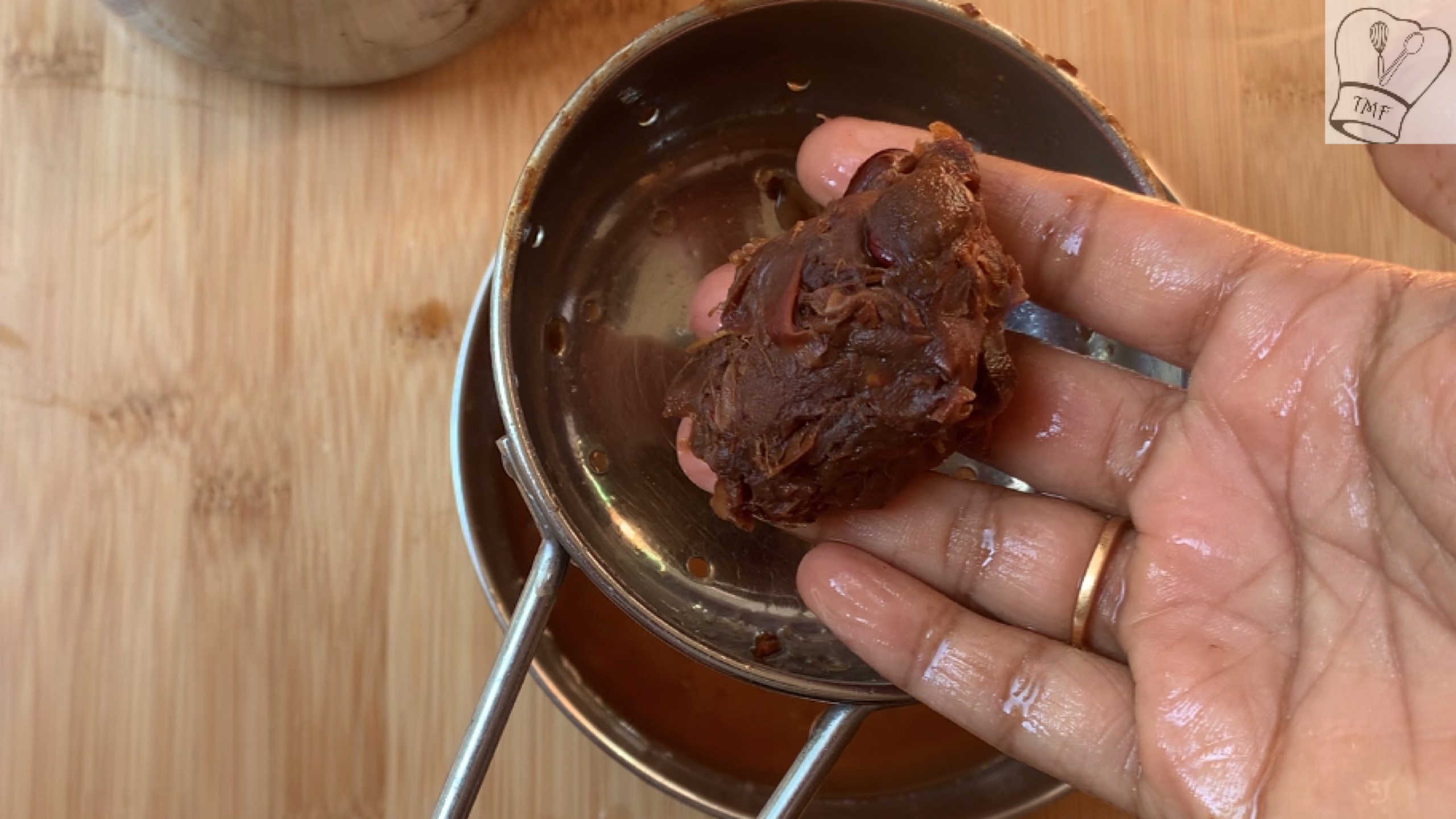


How To Make Homemade Tamarind Paste Pulp Traditionally Modern Food
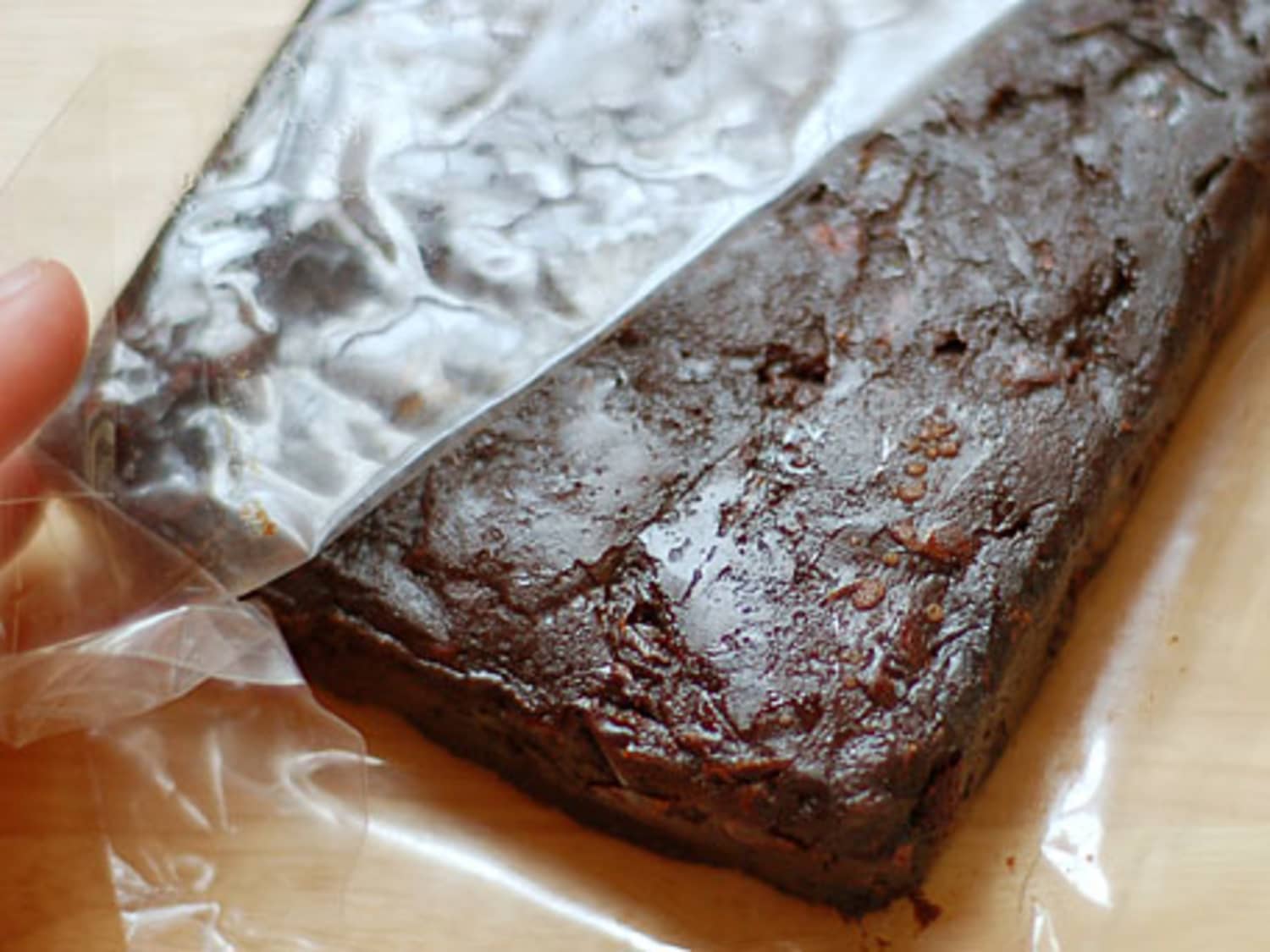


Technique How To Use Tamarind Pulp Kitchn



The Simple Joys Of Tamarind The New York Times
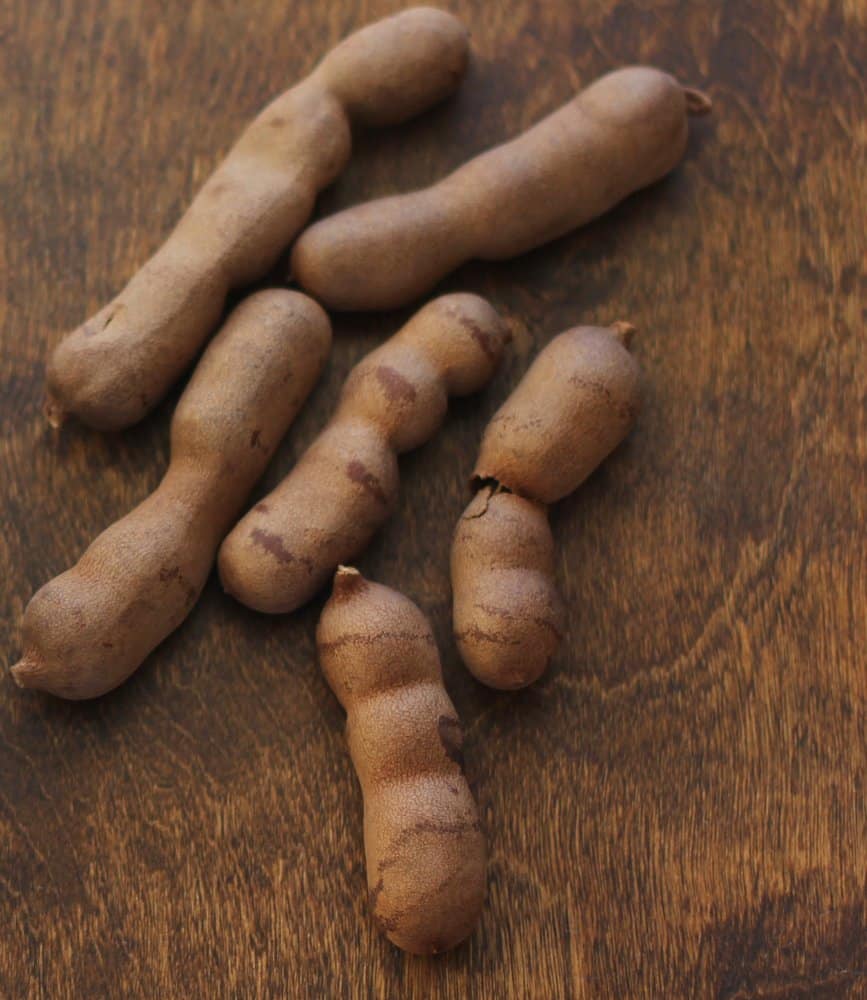


How To Make Tamarind Paste Inquiring Chef
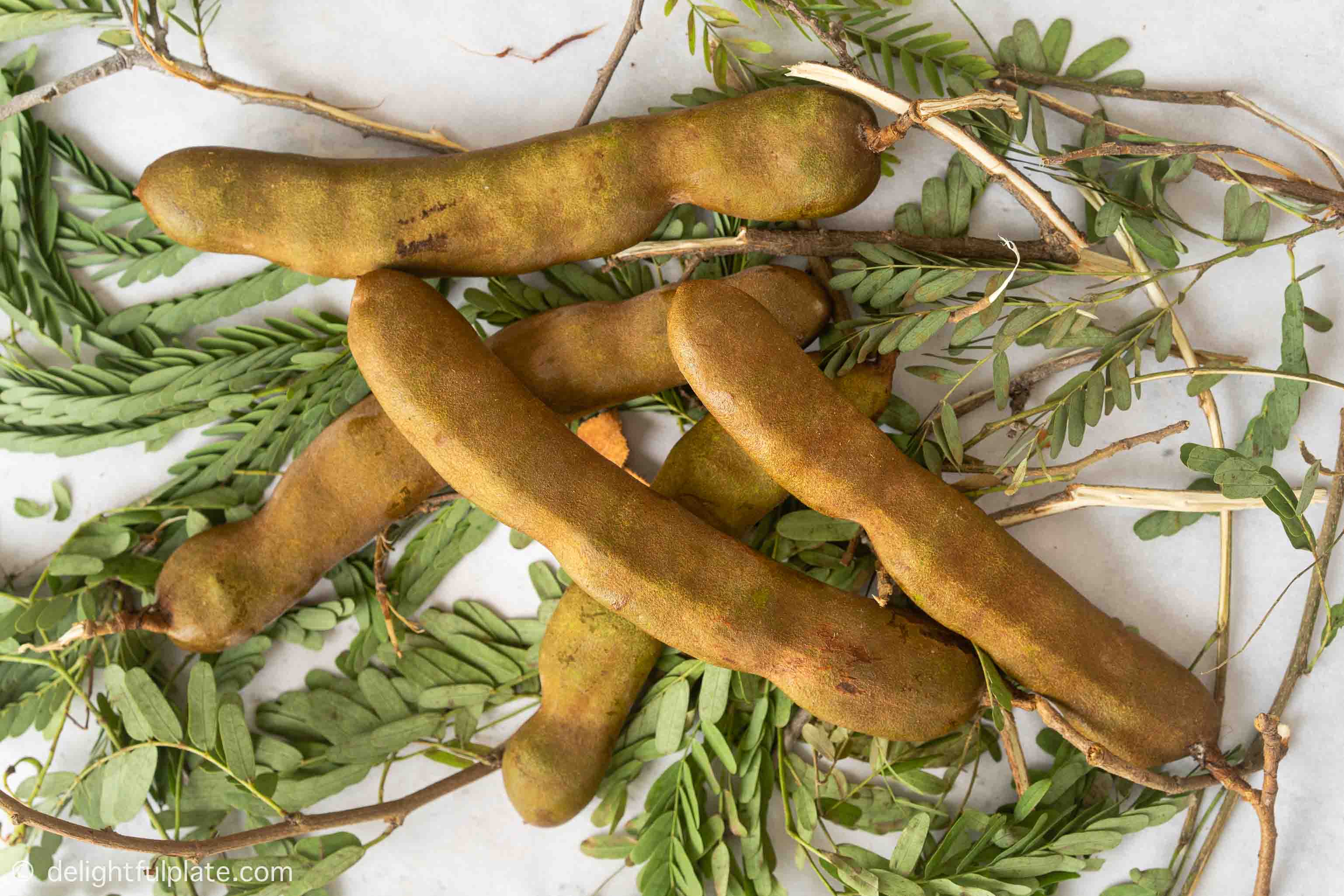


Tamarind Juice đa Me Delightful Plate


How To Extract Tamarind Pulp Or Paste Curious Nut
/tamarind-beverage-2342588-hero-01-ec078e5306ea4ba1a29d0a334ddf5218.jpg)


Agua De Tamarindo Recipe With Tamarind Pods


Tamarind Juice Recipe That Girl Cooks Healthy



How To Make Tamarind Paste Inquiring Chef
/tamarind_annotated2-f087a172cd7c451ab80da4b25b036f9b.jpg)


Tamarind Nutrition Facts And Health Benefits



Pure Indian Foods Organic Tamarind Paste Milk Street Store
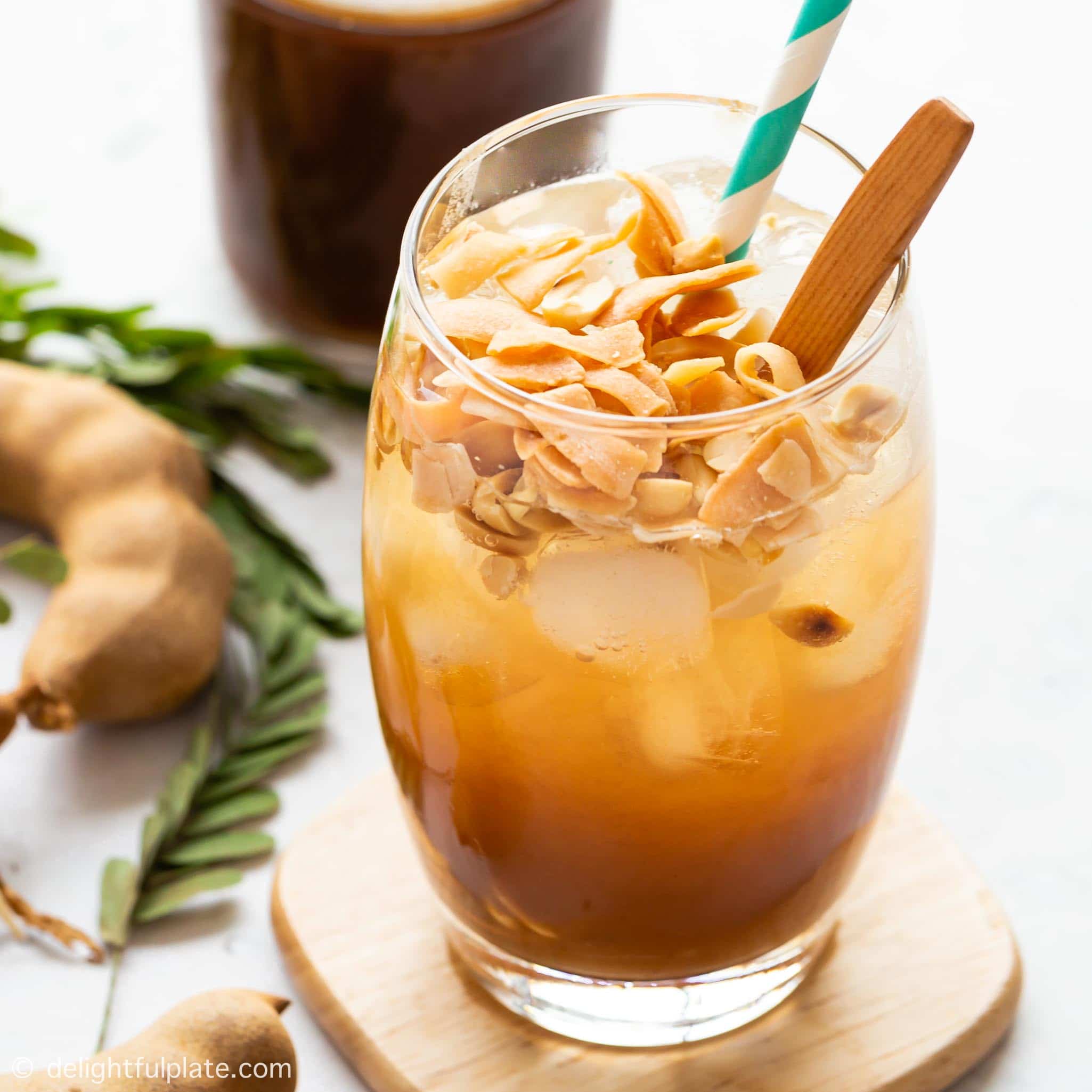


Tamarind Juice đa Me Delightful Plate



Here S How To Make The Healthiest And Yummiest Tamarind Juice Tastessence



Sampalok Candy Recipe Tamarind Candy Tamarind Recipes Candy Recipes
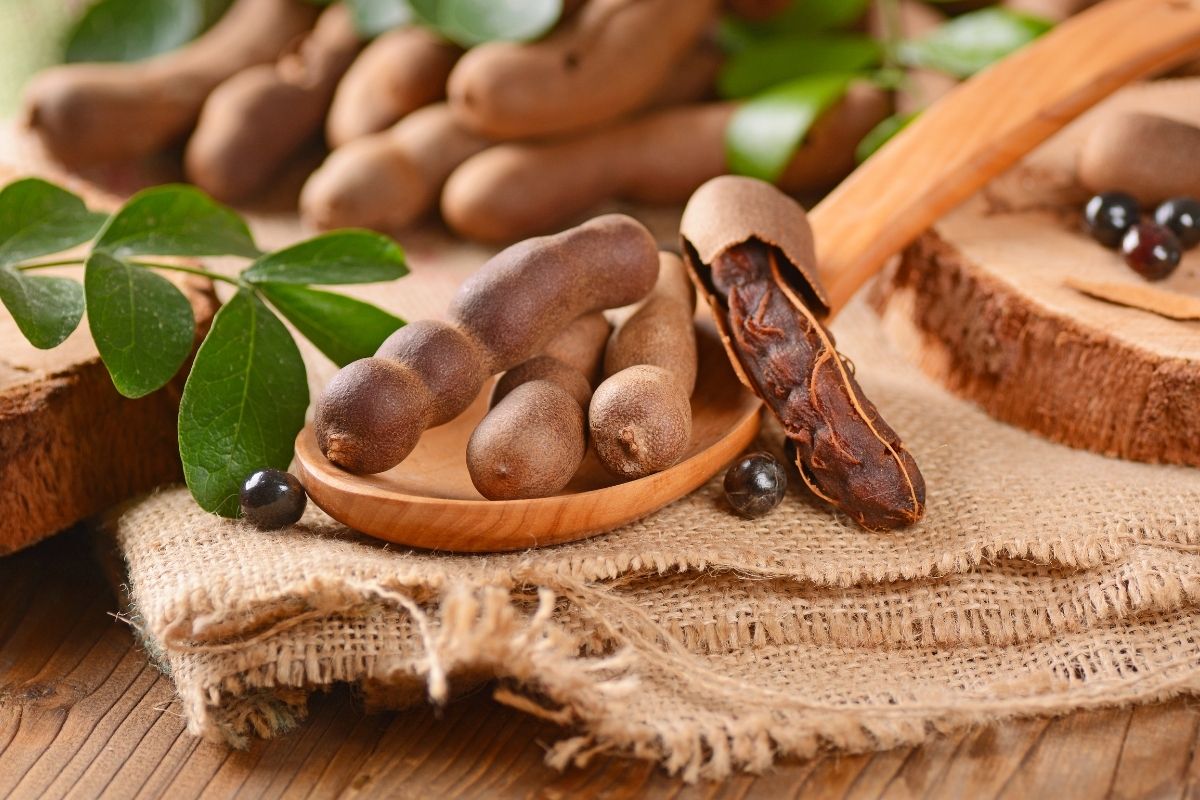


Top 4 Tamarind Paste Substitutes For Your Cooking Recipe Recipe Marker



6ir5mcpdeank2m



What Is Tamarind And How Do You Use It In Cooking Bon Appetit



How To Prepare Tamarind Pulp


Tamarind Juice Recipe Healthier Steps



Sweet Tamarind Sauce Recipe Tamarind Sauce Tamarind Recipes Trini Food



How To Make Tamarind Concentrate Recipe Pranee S Thai Kitchen
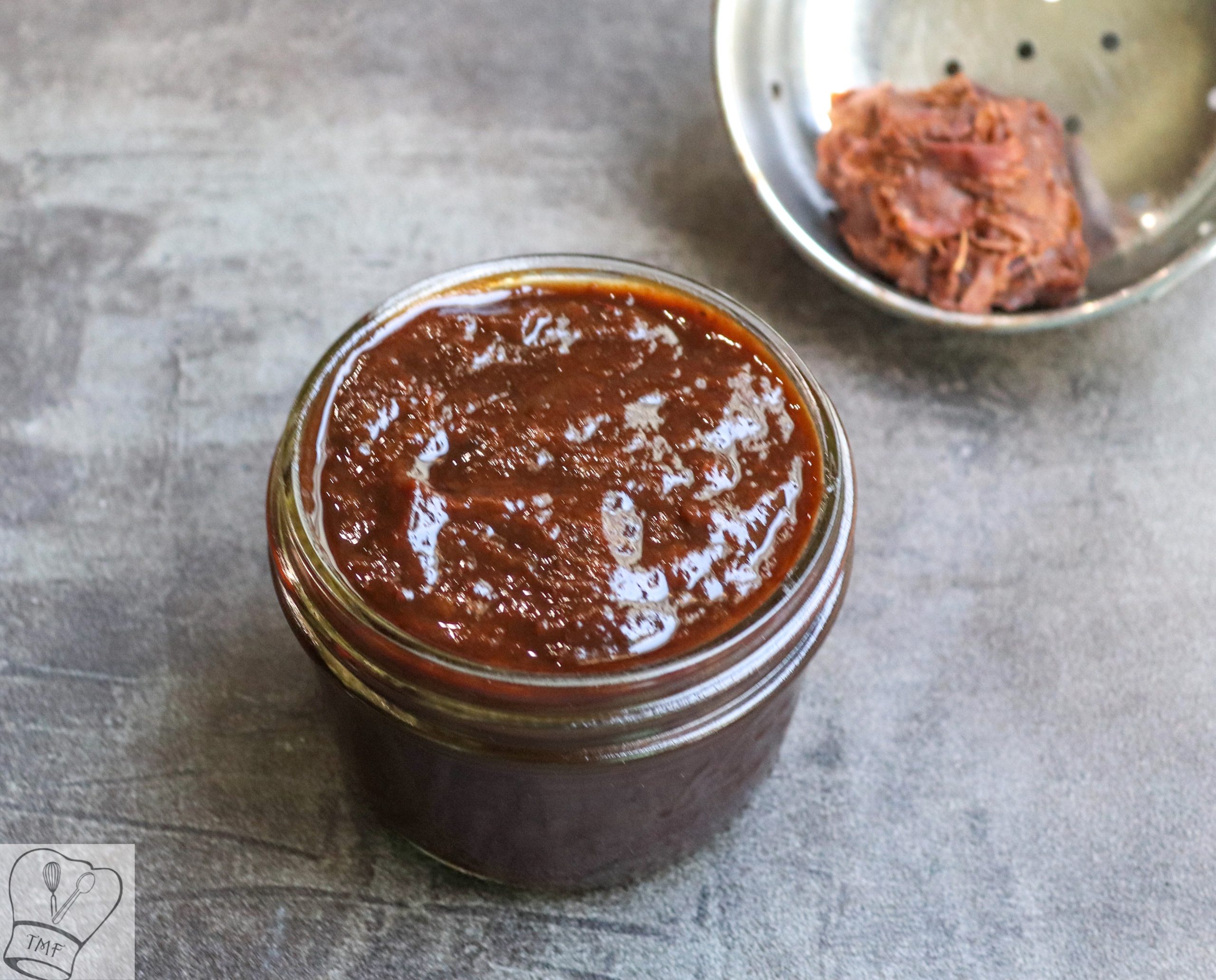


How To Make Homemade Tamarind Paste Pulp Traditionally Modern Food



Easy Tamarind Sauce Recipe No Mayo Potato Salad Daytime Vegan



How To Prepare Tamarind Pulp



Amazon Com Thai Taste Tamarind Paste 130g Grocery Gourmet Food
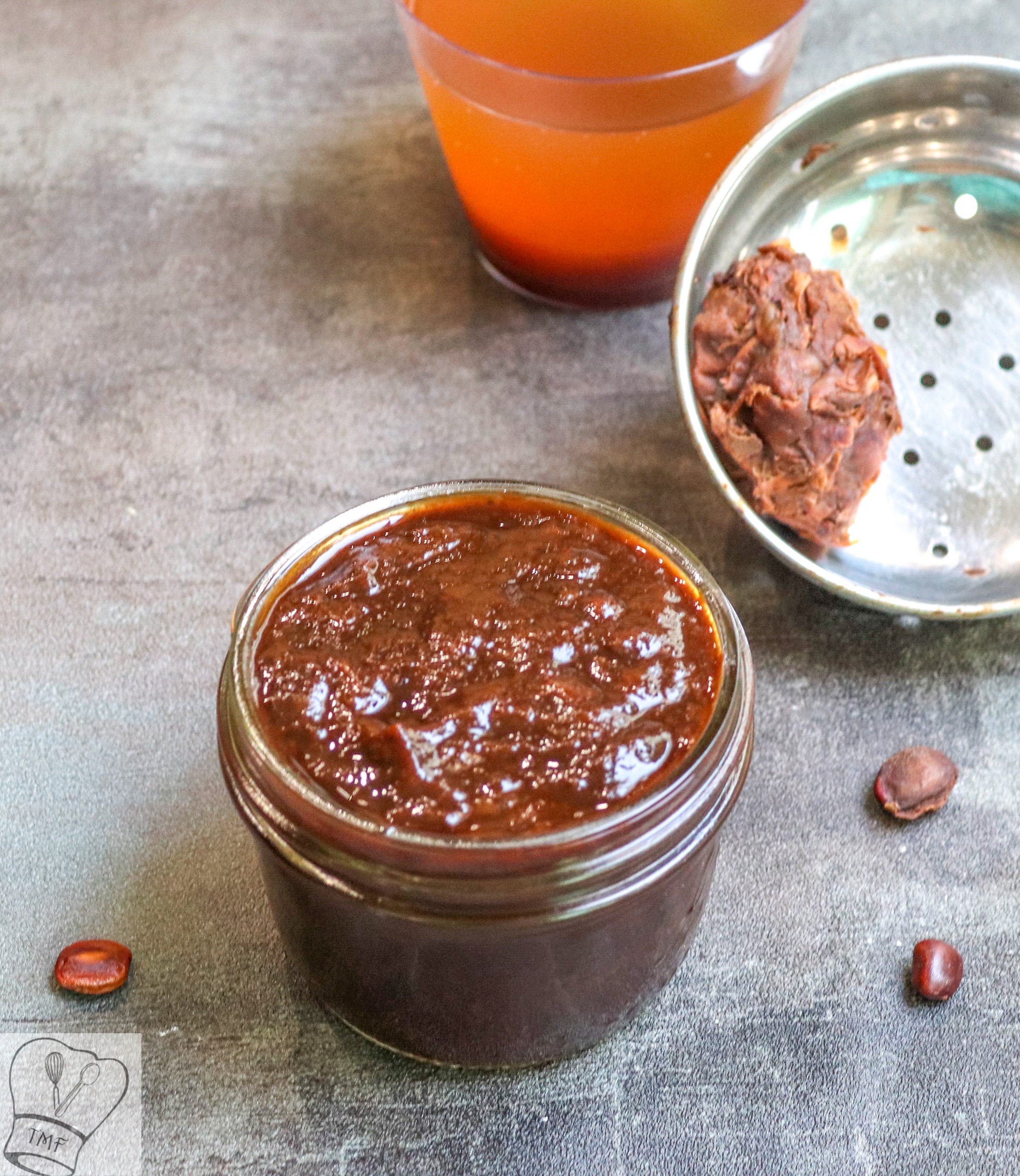


How To Make Homemade Tamarind Paste Pulp Traditionally Modern Food



Tamarind Paste Substitutes 8 Best Options Cuisinevault



Asian Kitchen Tamarind Paste Puree Imli 8oz 227g Glass Jar Gluten Rani Brand Factory Store
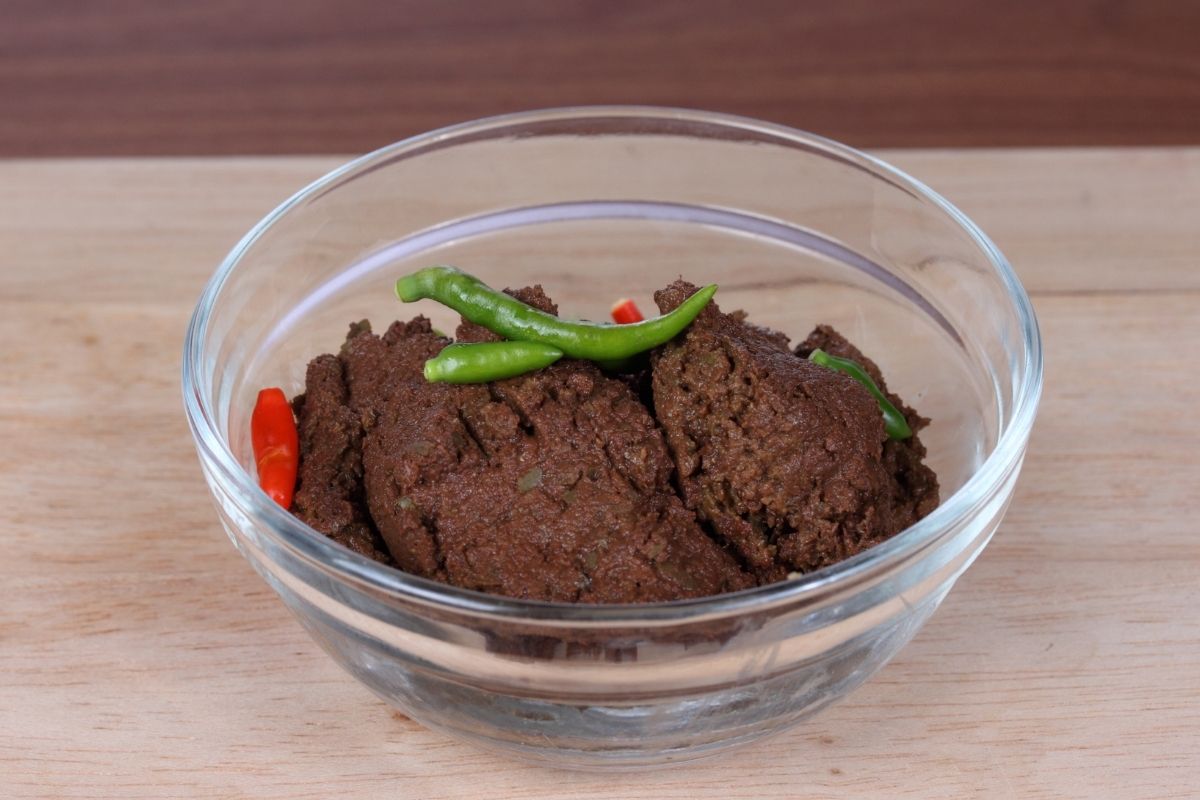


Top 4 Tamarind Paste Substitutes For Your Cooking Recipe Recipe Marker


Tamarind Sauce Recipe



Tamarind Paste Organic Hardcover Cook


Tamarind Drink Jehan Can Cook
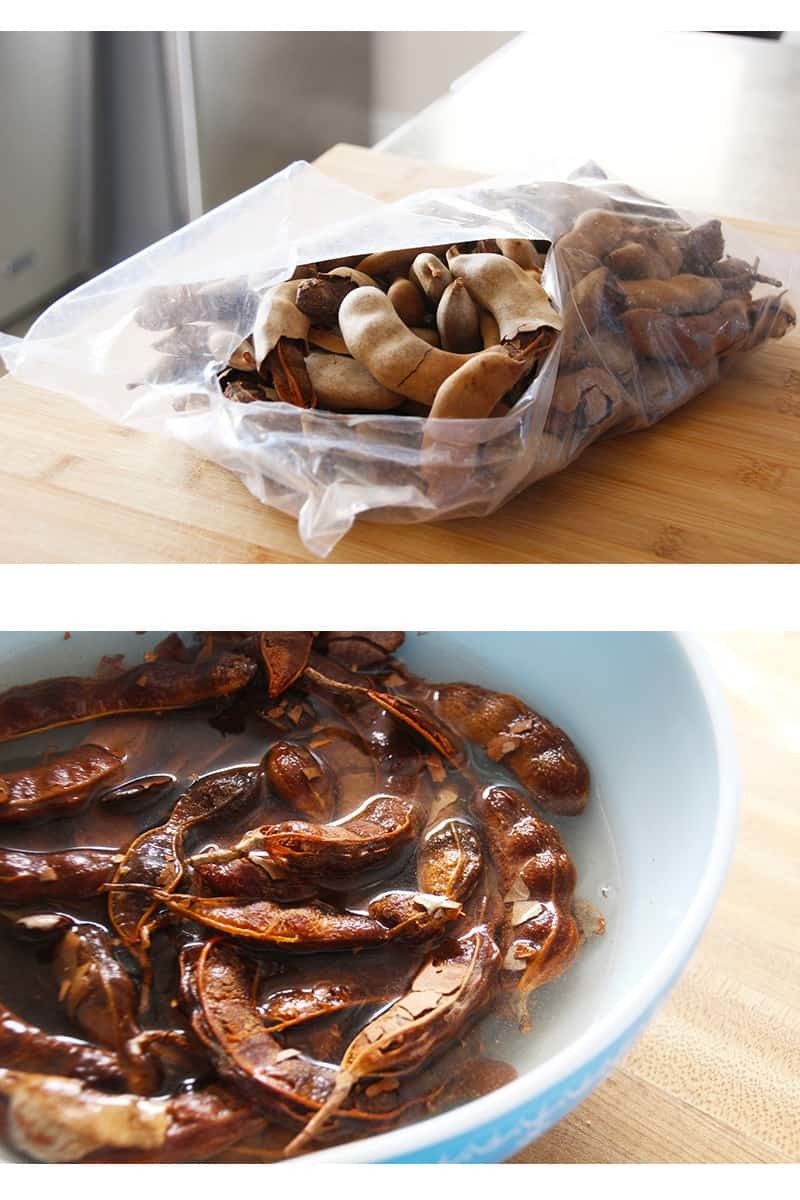


How To Make Tamarind Paste



A Guide To Tamarind Paste And Tamarind Water Recipe Tamarind Tamarind Paste Tamarind Fruit
:max_bytes(150000):strip_icc()/tamarind_3217073-2_annotated-6ff7da4764124bbbb8201adc10176df6.jpg)


What Is Tamarind Paste And How Is It Used



Tamarind Water And Tamarind Pulp The Splendid Table



0 件のコメント:
コメントを投稿